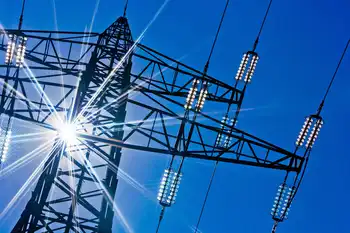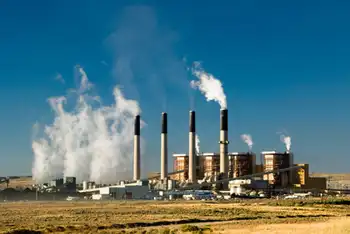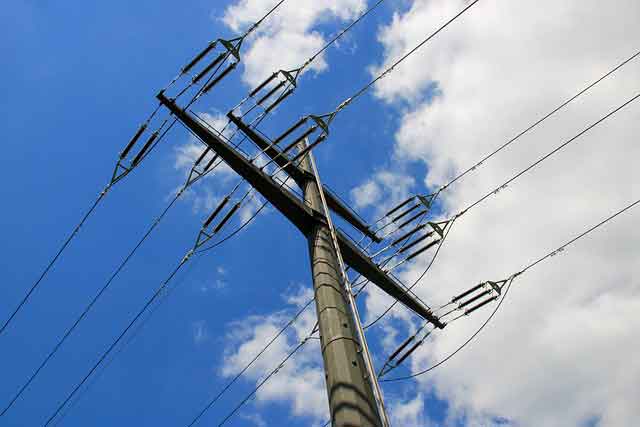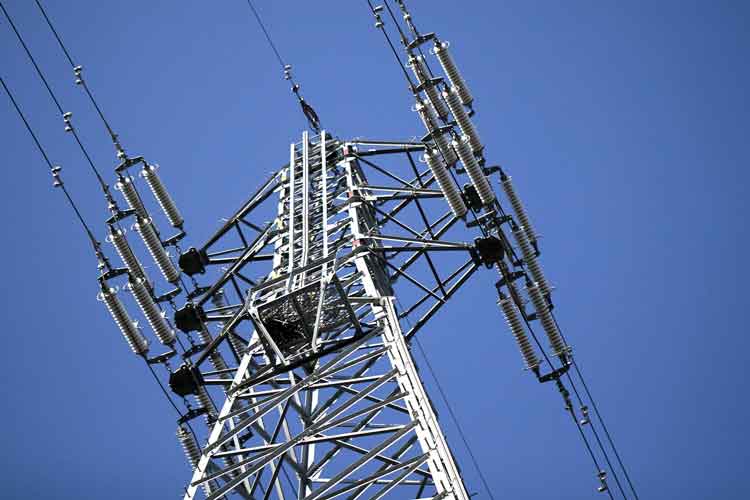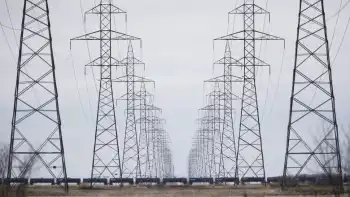Taiwan's economic minister resigns over widespread power outage
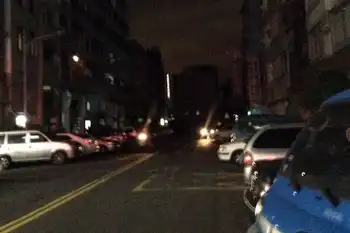
Protective Relay Training - Basic
Our customized live online or in‑person group training can be delivered to your staff at your location.

- Live Online
- 12 hours Instructor-led
- Group Training Available
Taiwan Power Blackout disrupts Taipei and commercial hubs after a Taoyuan natural gas plant error, triggering nationwide outage, grid failure, elevator rescues, power rationing, and the economic minister's resignation, as CPC Corporation restores supply.
Key Points
A nationwide Taiwan outage from human error at a Taoyuan gas plant, triggering rationing and a minister's resignation.
✅ Human error disrupted natural gas supply at Taoyuan plant
✅ 6.68 million users affected; grid failure across cities
✅ Minister Lee resigned; President Tsai ordered a review
Taiwan's economic minister resigned after power was knocked out in many parts of Taiwan, with regional parallels such as China power cuts highlighting grid vulnerabilities, including capital Taipei's business and high-end shopping district, due to an apparent "human error" at a key power plant.
Economic Affairs minister Lee Chih-kung tendered his resignation verbally to Premier Lin Chuan, United Daily News reported, citing a Cabinet spokesman. Lin accepted the resignation, the spokesman said according to the daily.
As many as 6.68 million households and commercial units saw their power supply cut or disrupted on Tuesday after "human error" disrupted natural gas supply at a power plant in northern Taiwan's Taoyuan, the semi-official Central News Agency reported, citing the government-controlled oil company CPC Corporation as saying.
The company added that power at the plant, Taiwan's biggest natural gas power plant, resumed two minutes later.
In New Taipei City, there were at least 27,000 reported cases of people being stuck in lifts. Photos in social media also showed huge crowds stranded in lift lobby in Taipei's iconic 101-storey Taipei 101 building.
Power rationing was implemented beginning 6pm, and, as seen in the National Grid short supply warning in other markets, such steps aim to stabilize supply, Central News Agency said. Power supply was gradually being restored beginning at about 9:40pm. news reports said.
President Tsai Ing-wen apologised for the blackout, noting parallels with Japan's near-blackouts that underscored grid resilience, and said that she has ordered all relevant departments to produce clear report in the shortest time possible.
"Electricity is not just a problem about people's livelihoods but also a national security issue. A comprehensive review must be carried out to find out how the electric power system can be so easily paralysed by human error," said Ms Tsai in a Facebook post.
Taiwan has been at risk of a power shortage after a recent typhoon knocked down a power transmission tower in Hualien county along the eastern coast of Taiwan, rather than a demand-driven slowdown like the China power demand drop during pandemic factory shutdowns. This reduced the electricity supply by 1.3million kilowatts, or about 4 per cent of the operating reserve.
That was followed by the breakdown of a power generator at Taiwan's largest power plant, which further reduced the operating reserve by 1.5 per cent.
The situation is worsened by the ongoing heatwave that has hit Taiwan, with temperatures soaring to 38 degrees Celsius over the past week.
As a result, the government had imposed the rationing of electricity, and, highlighting how regional strains such as China's power woes can ripple into global markets, switched off all air-conditioning in many of its Taipei offices, a move that drew some public backlash.






